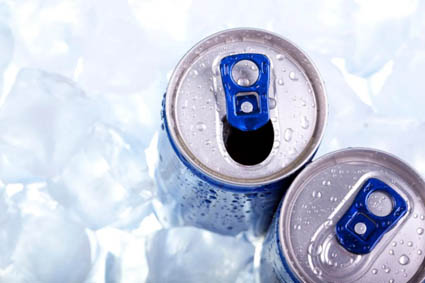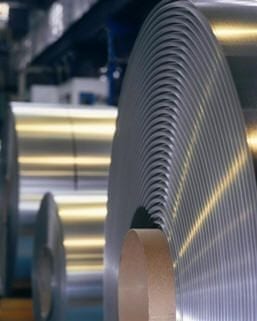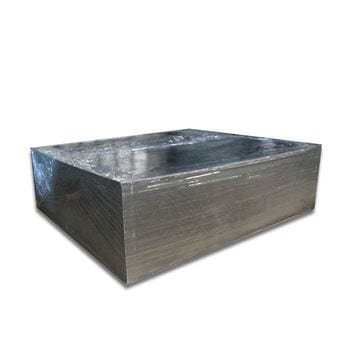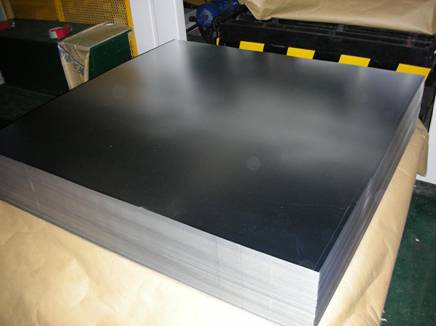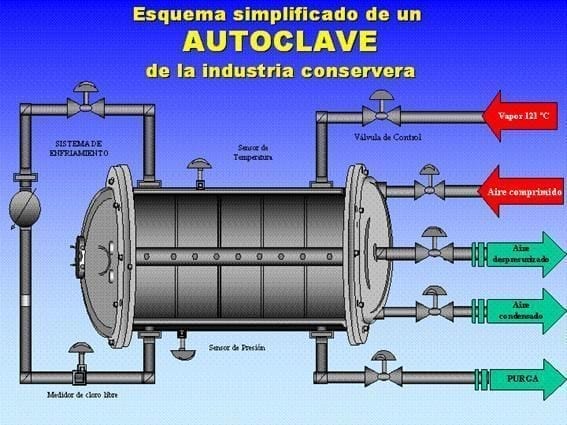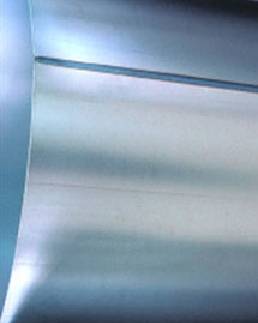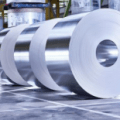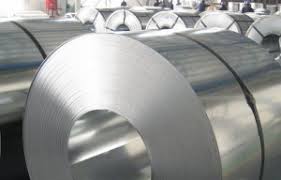Sodium hydroxide is an alkaline substance that can cause corrosion on plain tinplate. This corrosion can result in the formation of rust spots. In addition, corrosion can cause product losses if units must be discarded and can contaminate the food when it occurs inside the container.
It is important to note that corrosion can be more severe in the presence of an electrolyte, such as sodium hydroxide, and can result in oxidation of the metal. Different potential zones that cause corrosion can be created by various heterogeneities, such as different electrolyte concentrations, different metal composition, differential aeration, galvanic couples and by chemical compounds.
In addition, overcooling can cause excessive water to be retained, particularly in the areas of the zippers and side seams, which can increase the risk of corrosion. Therefore, it is preferable to wash a hot container with hot water rather than washing or cleaning cold containers with hot water.
In conclusion, sodium hydroxide can have a negative impact on plain tinplate containers, causing corrosion and possibly contamination of the contained product.

